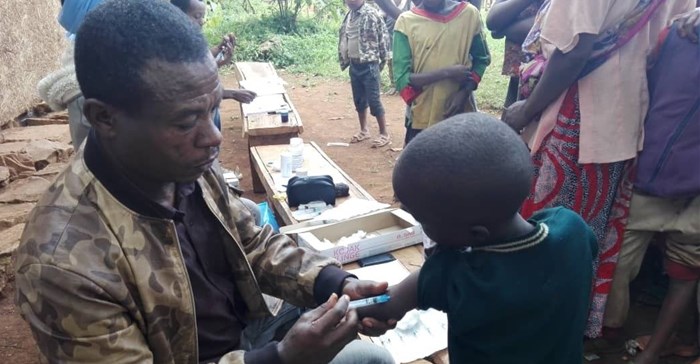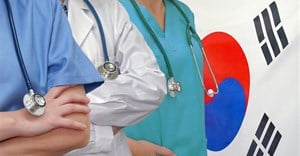WHO dispatches aid to displaced people in Ethiopia

In response, the World Health Organisation (WHO) sent emergency health kits capable of treating 115,000 people for three months, along with supplementary kits containing medical supplies (gloves, needles, syringes) and drugs for 70,000 people for three months. WHO has also provided kits for treating 250 severe acute malnourished children with medical complications for three months.
The supplies were delivered to Gedeo Zone ahead of an assessment team led by WHO Representative to Ethiopia, Dr Rufaro Chatora, who visited the region to assess the situation. He met with health officials to discuss priority areas for WHO support for the immediate health needs of around 675,737 internally displaced persons scattered in different locations in the zone.
“This is a complex humanitarian situation, and WHO has deployed additional capacity of experts to the zones to support the response to the health needs of the displaced and the host communities,” said Chatora. “The response is commendable, but the need is huge and requires the coordinated and rapid response of WHO and other partners.”
Malnutrition and immunisation
The assessment team visited two temporary displaced persons camps in Gedeb woreda (district) and the Gedeb Hospital, where a stabilisation centre has been expanded to accommodate the massive increase in cases of severe acute malnutrition. WHO is training 34 health workers in the management of children with severe acute malnutrition with medical complications.
Among the immediate needs in the temporary camps are improvements to the living conditions, access to safe water and sanitation and an immunisation campaign (as well in the host communities) to avoid disease outbreaks.
“WHO will coordinate with the Federal Ministry of Health, United Nations agencies, international organisations, NGOs and other partners to strengthen the response, particularly in regard to water, sanitation and hygiene and the vaccination campaigns,” Chatora said.
The government has deployed 117 health professionals, including physicians, nurses, pharmacists, psychiatrists and epidemiologists, to help alleviate the human resource gap in the response. More staff will be deployed in the coming weeks.
The WHO response team based in Gedeo and West Guji zones will be increased in the coming days to provide continued technical support to the government-led inter-agency rapid response for surveillance and early warning disease outbreak, water-quality assessments, environmental audits, case management and coordination.
Source: African Press Organisation

APO is the sole press release wire in Africa, and the global leader in media relations related to Africa. With headquarters in Dakar, Senegal, APO owns a media database of over 150,000 contacts and the main Africa-related news online community.
Go to: www.bizcommunity.com/PressOffice.aspx?cn=apogroup
























